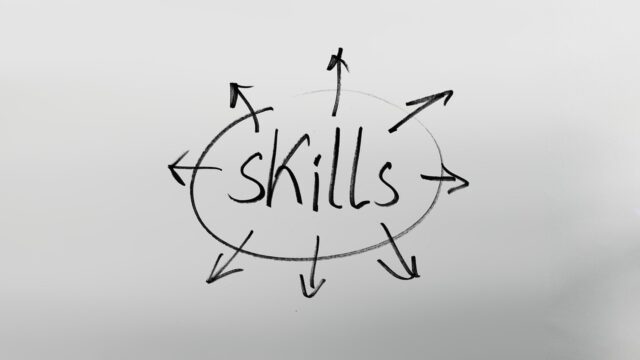
Are insiders or outsiders better innovators?
Originally posted on The Horizons Tracker.
I’ve written a few times about the role recombination plays in the innovation process, with the general thesis being that many innovations today rely on taking something that works in one sphere and applying it in another.
It suggests that outsiders can play a crucial role in innovation because they bring access to those ideas and concepts from ‘foreign’ fields.
It’s a topic that’s been explored in a recent paper that set out to explore the role outsiders play in innovation down the years, and whether we should look to insiders or outsiders when trying to be innovative.
“After all, insiders know the territory, which is often considered to be a prerequisite for being able to make a novel contribution to a knowledge domain,” the authors say. “Historically, however, outsiders have been responsible for some major breakthroughs in various scientific domains, such as medicine and biology.”
Insiders vs outsiders
The authors wanted to test the hypothesis that innovation relies on certain cognitive processes that provide the variation and effort of our searching.
By analyzing data from 230 problem solvers from InnoCentive they were able to determine the kind of people that both participated, and how they participated. They particularly wanted to explore whether participants were tackling challenges within their field of expertise or outside it.
When the data was crunched, it revealed that providing creative solutions was often down as much to the time and effort devoted to the task as it was to being a particular expert in the field.
Interestingly however, insiders and outsiders did apply different approaches to innovation. Insiders, for instance, would come up with the best solutions when they scoured a wide range of sources for inspiration.
Outsiders, by contrast, would perform best when they explored a field in depth. This suggests that an initial lack of knowledge can be an advantage providing people put the effort into learning the rudiments of a field.
“From a practical standpoint, our findings offer a way in which insiders may overcome their widely noted problems related to creativity. That is, if insiders of a particular domain spend significant amounts of time seeking out knowledge from a wide variety of other fields, they are more likely to be creative in that domain,” the authors say.
The findings remind us that we shouldn’t focus all of our attention on those that are clearly inside a particular field of expertise, and that ground-breaking innovations can come from those more unlikely sources.






